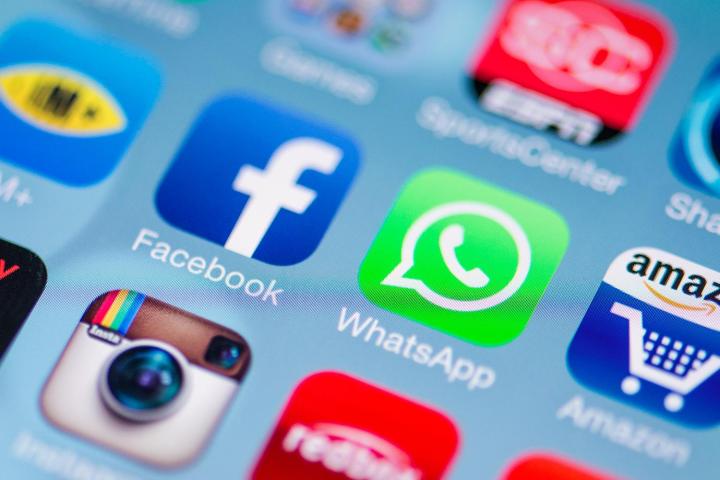
A judge had ordered a 48-hour ban of the popular messaging app in the country, after months of lobbying by telecom firms to ban the “unregulated” and “illegal” service. But Judge Xavier de Souza said the service should be restored immediately, as it was “not reasonable that millions of users be affected by the inertia of the company,” according to the BBC.
Updated on 12-17-2015 by Julian Chokkattu: Added news of Whatsapp service being restored.
Facebook CEO Mark Zuckerberg posted on his social media site that Whatsapp service is back online. “WhatsApp is now back online in Brazil,” Zuckerberg wrote. “Your voices have been heard and the block has been lifted. Thank you to our community for helping resolve this.”
WhatsApp is insanely popular in Brazil because of the free calls and texts offered on Wi-Fi or cellular. Around 86 percent of the Internet-connected population in the country, equal to 90 million people, use the app to message friends, and telecoms don’t like that.
Sadly, the temporary ban wasn’t the scariest Internet plan being discussed in the Brazilian Congress right now, which has other ideas to criminalize posting photos and comments on social media, and create a surveillance law that can hold user data for three years.
Brazil is using the framework of Europe’s “right to be forgotten” law that allows citizens to ask Google, Yahoo, and other search engines to remove libelous or outdated information about themselves from the Internet. The difference with the Brazilian draft law is that politicians would be able to exploit it to remove from the Web any criticism of them deemed “libelous” with a court order, and even bring the people responsible for the posting to court.
If that isn’t enough to scare you, the draft for the surveillance law would force Internet users to present their tax ID, home address, and phone number to every app and website, so they could hold personal information for three years on all activities. It would also give authorities all the information they need on journalists, activists, and other “nuisances” who report on the corruption and failings of the Brazilian government.
This essentially creates a police state on the Internet, a stark difference from last year when Brazil pushed the Marco Civil, a “Bill of Rights” for the Internet. Current President Dilma Rousseff cut off the underwater wires connecting the country to the U.S. after the revelations of NSA spying from whistleblower Edward Snowden, and committed to protecting Brazilian users’ rights online.
One year down the line, Brazil is in turmoil. A massive corruption scandal at state-owned oil firm Petrobras has been revealed, involving $200 million in rumored bribes from Petrobras officials to the incumbent Workers Party along with a whole load of other scandalous activity.
The Congress is now pushing laws country that would heavily damage the growing Internet economy. It would also shut down all dissent and means of protest, which has been happening quite frequently in the country from both sides of the political spectrum.
The attention the temporary ban drew comes at a terrible time for Brazil, seen as one of the upcoming giants in the developing world. Alongside India, Indonesia, and Thailand, Brazil has been targeted by Internet and smartphone firms for growth and investment over the next few years, including Chinese giant Xiaomi, which announced new smartphones for the country earlier in the year.
To show just how big the market is, Telegram announced earlier today that it has added 1.5 million people in Brazil since the WhatsApp ban began. The two companies are in heated competition for users, as they both offer free texts, voice, and video with end-to-end encryption.
Editors' Recommendations
- Are WhatsApp and Facebook down? Here’s what you need to know
- WhatsApp now lets you send self-destructing voice messages
- WhatsApp now lets you add short video messages to chats
- What is WhatsApp? How to use the app, tips, tricks, and more
- You’ll soon be able to use WhatsApp on more than one phone


